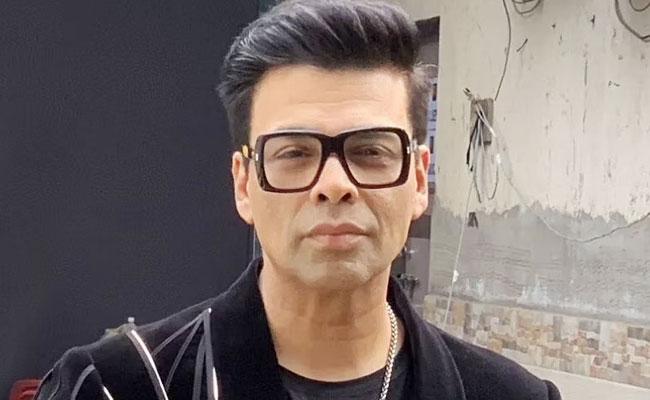
Dharma Productions was once a trendsetter in Bollywood, defining glossy romance and aspirational drama through the late ’90s and 2000s with films like Kuch Kuch Hota Hai and Kabhi Khushi Kabhie Gham.
These movies brought joy to audiences and helped shape the urban melodramatic space.
In the following decade, after Dostana, the company refreshed its style, introduced new stars and stayed relevant with slick packaging.
However, with time, Dharma stuck to its old formula of glossy rom-coms, even when audiences had moved on. Films like Jug Jugg Jeeyo and Rocky Aur Rani failed to connect widely.
Unlike YRF, which adapted to newer tastes, Dharma kept banking on outdated tropes. Reliance on packaging and star power, rather than strong scripts or directors, weakened their projects.
Karan Johar’s larger than life persona became both an asset and a liability. His constant media visibility, controversies and the “nepo baby” debate made him the face of Bollywood’s privilege problem.
The overexposure dented both his and Dharma’s credibility among younger audiences.
Poor business calls worsened the decline. Lavish budgets were spent on weak films like Kalank and Brahmāstra, while repeatedly pushing in house stars who lacked true box office pull. These choices left Dharma struggling for relevance today.














